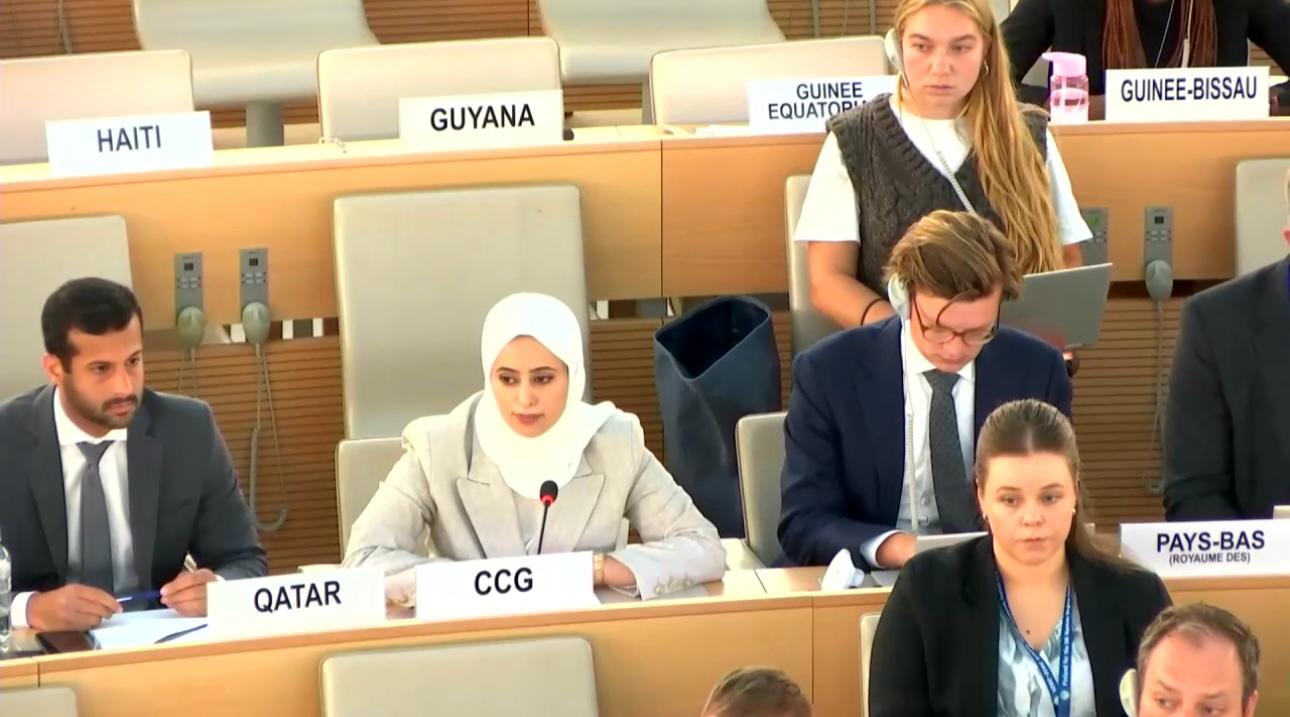
A teacher at one of the leading Indian schools in Qatar has reportedly resigned after sharing an inflammatory cartoon of the Indian premier Narendra Modi on her Facebook page.
The unnamed female instructor, who worked at MES Indian School, recently posted a caricature of the Prime Minister, which featured his face superimposed on the body of a black and white striped dog shown emptying its bladder, the Peninsula reports.

After some parents objected to the post, calling the Abu Hamour-based school to complain, she was asked to resign, the newspaper states.
Apparently at issue was that the MES name and logo appeared alongside the cartoon, bringing its reputation into disrepute – which may simply mean that the teacher had listed her employer in her profile.
The instructor quit yesterday after being suspended for three days during an internal investigation, the Peninsula added.
The teacher is quoted defending her actions and saying that she did not create the image, but just shared it to comment on alleged restrictions on free speech in India.
“I didn’t create the caricature nor did I post it to insult Modi. I just used it to protest against what has been happening back home,” she told the newspaper.
She added that she didn’t know the name of the school had been linked to her post.
While the school management did not formally comment, a member of staff confirmed the incident to Doha News, saying: “It’s true that a teacher left after they posted some pictures on their Facebook profile of the Indian Prime Minister.”
Online risk
The incident is one of many “cautionary tales” regarding social media usage in the workplace in Qatar.
Many individuals in Qatar have said they are not permitted to list their employers’ names on their social media accounts. This is perhaps an effort on their companies’ parts to avoid indirect damage to their reputations, lest something offensive be posted.

Last July, for example, an IT engineer contracted to work for RasGas was fired after he posted an insulting message about Muslims on Facebook.
While he did not specifically mention the name of his employer, it appeared in his profile next to his post.
At the time, the company explained in an email to all staff from then-acting CEO Nafez Bseiso that the contractor’s actions were “illegal and unethical.”
He continued:
“The use of RasGas’s commercial name, logo or trademarks is restricted to RasGas business-related matters and must not be used to promote personal views on non-business-related matters, including social media and other platforms.”
Violations of this policy would be “firmly dealt with,” he added.
Teachers’ standards
This latest incident also highlights the higher social standards expected of teachers in Qatar, who are perceived as role models to young people.

In September last year, the Supreme Education Council (SEC) published a new 10-point teachers’ code of conduct, which aimed to enshrine “core values” and “expected professional behavior” of teachers.
While the code only formally covers educators in independent (state-run) schools, it defined what it regarded as appropriate conduct from teachers in Qatar not only inside the classroom but also beyond.
The ethics code, which the Education Minister said is “derived from the doctrine of the Qatari society and philosophy,” involves respecting Islamic values and national customs and traditions.
However, the doctrine provoked some controversy for including vague directives such as “dressing modestly” and appearing to limit drinking and smoking outside of working hours.
While some teachers supported the introduction of the new rules, which they described as being “very important and much-needed,” others said they were an infringement of their personal freedoms and should not extend to their private lives.
Thoughts?







